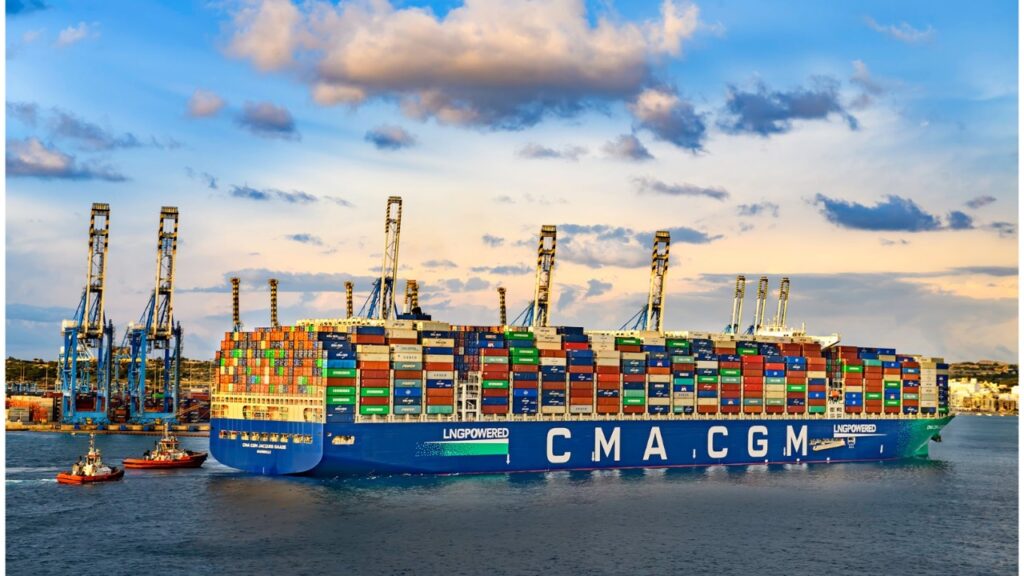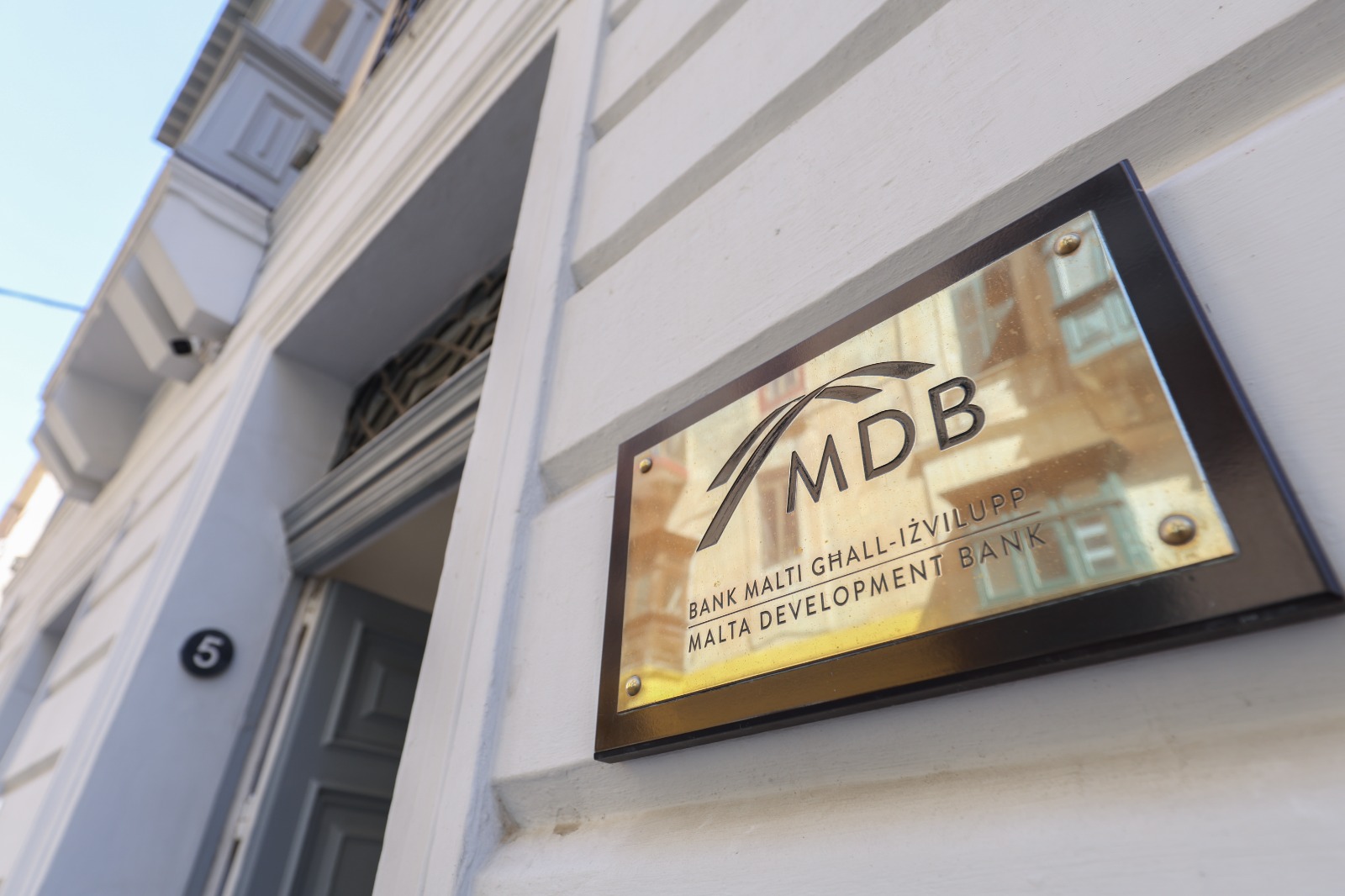As Malta looks to the horizon of 2050, the country’s long-term development blueprint places the shipping and maritime sector at the centre of its economic transformation. Under Malta Vision 2050, this traditionally strong industry is set for strategic expansion, innovation, and modernisation – with the clear goal of reinforcing Malta’s role as a leading logistics and maritime hub in the Mediterranean.
The document outlines a series of measures designed to leverage Malta’s geographic position, enhance infrastructure, and align with global trade trends and environmental standards. These changes are aimed not only at driving sustainable economic growth, but also at improving operational efficiency and future-proofing the sector against upcoming challenges.
Expanding freeport capacity and infrastructure
A cornerstone of Malta’s maritime strategy under Vision 2050 is the expansion of Freeport capacity, potentially through land reclamation projects.
These developments will aim to:
- Increase Malta’s handling capabilities for both cargo and transhipment;
- Improve turnaround times and supply chain reliability;
- Attract new trade routes and shipping alliances seeking a central Mediterranean base.
While such expansion carries environmental considerations, the Vision document emphasises that any land reclamation will be subject to rigorous environmental and economic assessments, ensuring alignment with long-term sustainability goals.
Enhancing Malta’s role as a logistics gateway
To strengthen Malta’s position as a strategic logistics node, the country will pursue the development of new international trade routes, supported by targeted investment in:
- Port infrastructure and digital systems;
- Intermodal transport links, including integration with road and air logistics;
- Warehousing and customs services that can meet the demands of modern, just-in-time supply chains.
This initiative reflects broader global shifts in maritime trade, where efficiency, speed, and digital integration are becoming essential for competitiveness.
Improving ship registration and maritime services
Malta has long boasted one of the world’s largest ship registries, but Vision 2050 signals the need to streamline and modernise its ship registration processes. This will involve:
- Digitisation of maritime services, making it easier for operators to manage compliance, documentation, and vessel registration;
- Enhancing the transparency and traceability of flag state operations;
- Continuing to strengthen Malta’s international reputation for safety, reliability, and high regulatory standards.
By removing bureaucratic bottlenecks and embracing smart technologies, Malta aims to offer a seamless experience for shipping companies looking to register or manage vessels under the Maltese flag.
Supporting sustainable maritime practices
In line with the broader shift towards a green economy, the maritime sector will play its part in supporting climate goals and ecological stewardship. Malta will promote:
- Cleaner fuels and emission reduction technologies;
- Eco-friendly port operations, including energy-efficient equipment and shore-side electricity;
- Enhanced marine biodiversity protection as part of broader blue economy initiatives.
Such measures will help the sector align with EU decarbonisation targets and growing environmental expectations from shipping clients and international regulators.
A digital-first approach to maritime growth
Underpinning many of the proposed reforms is a strong emphasis on digital transformation. Vision 2050 calls for the adoption of:
- AI, blockchain, and predictive analytics to optimise shipping logistics and port operations;
- Digital twin infrastructure that can simulate port activities and support long-term planning;
- Smart maritime traffic management to reduce delays and improve safety.
These technologies are expected to enhance Malta’s appeal as a forward-looking maritime jurisdiction and enable better decision-making at both policy and operational levels.
Workforce and skills development in maritime
To support the sector’s modernisation, Malta will also focus on upskilling its maritime workforce, ensuring alignment with new digital tools, environmental standards, and operational systems. Vocational education and continuous professional development will be critical to maintaining competitiveness and attracting new talent to the industry.
Malta Development Bank unlocks major EU funding opportunities via InvestEU
To be recognised as an InvestEU partner, national promotional banks must pass a strict independent audit
Building commercial engines that scale: TRC partners with Kevin Borg
The Remarkable Collective announces a strategic partnership with Kevin Borg to strengthen commercial growth delivery
TradeMalta’s digital platform is empowering businesses to grow beyond borders
The website is continuously improved to remain relevant in a rapidly evolving trade environment






